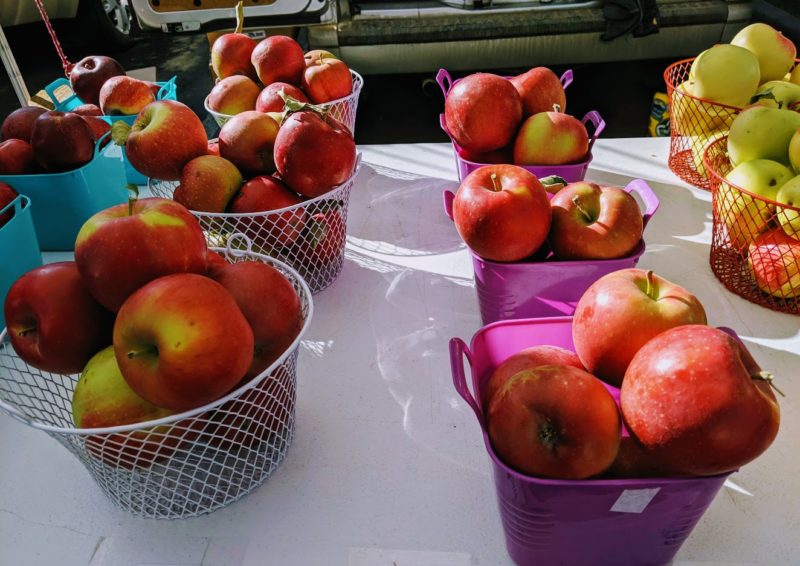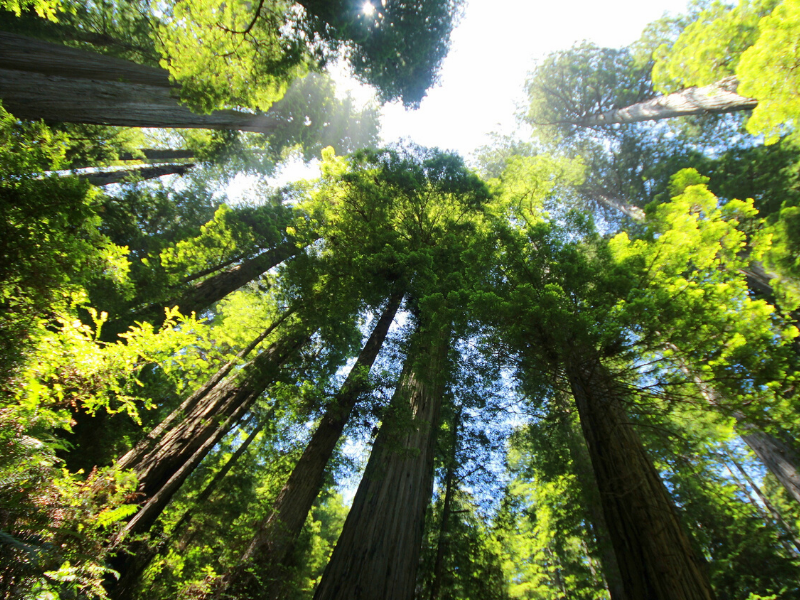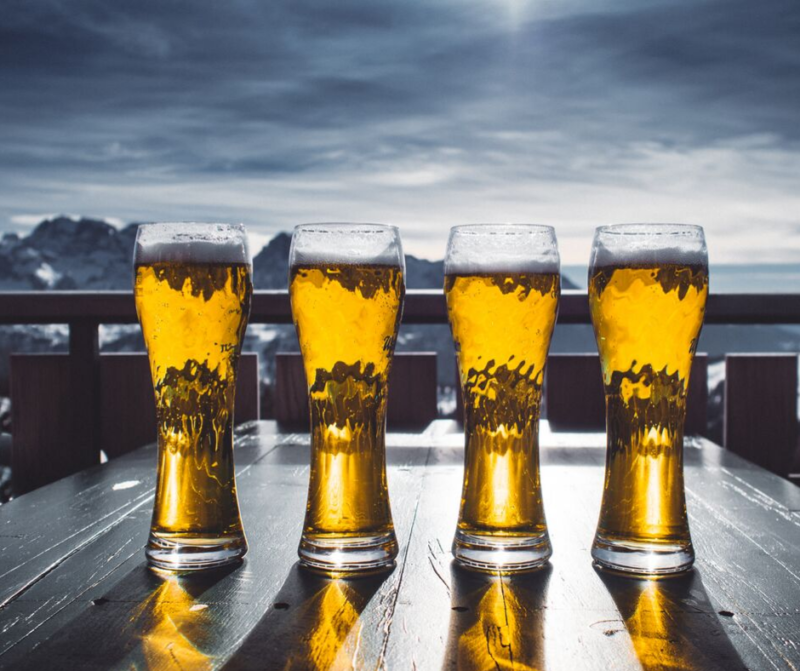Ginger Gold. Florina. Pixie Crunch. Wynoochie Early. The names of these Northern Colorado apples by themselves exude the fun, elegance, history, mystery, glamour, and taste of heritage apples. You will not find these varieties in your local chain grocery store. Nor will you find the gloriously elegant and versatile Kandil Sinap, a Turkish or possibly Crimean apple discovered in the 1800s and is now available in Colorado. You will only find these apples at our local Masonville Orchards.
 Masonville Orchards was started in 1988, in the Masonville valley near Stove Prairie, a few miles southwest of Fort Collins. The valley provides the right mix of soil, elevation, cool overnight temperatures, and warm days for apples to blossom and mature. Spring can be a little tricky with a late frost but the orchards have been in production and have survived for 30 years.
Masonville Orchards was started in 1988, in the Masonville valley near Stove Prairie, a few miles southwest of Fort Collins. The valley provides the right mix of soil, elevation, cool overnight temperatures, and warm days for apples to blossom and mature. Spring can be a little tricky with a late frost but the orchards have been in production and have survived for 30 years.
Walt Rosenberg, owner, and orchardist has a deep passion for orchards. Growing up in Kentucky on a farm, Walt was exposed to all aspects of farming life including tobacco, cattle, and orchards. After completing a successful life as an engineer, he journeyed back to his love of orchards, selecting the Masonville Valley as his starting point for the first of what would become multiple orchards in Northern Colorado. It may not be overexaggerating that Walt brought heritage apples back to Colorado. He has built a wonderful legacy that all of us can enjoy.
Having little experience with apple orchards growing up, I was particularly intrigued by what a fresh, heritage apple looked, smelled, and tasted like. What is a good eating apple, a pie apple, a cider apple, or a multi-purpose apple? What does an apple taste like right off a tree? Yes, we get multiple varieties in stores, but honestly nothing like what is offered through Masonville Orchards.
The Apple Orchard Tour
A tour through the Cobb Lake orchard provided a friend and me an opportunity to experience the apple glory first-hand. Walt was kind enough to give us a lengthy introduction to heritage apples and show us literally the fruits of his labor.

First, the location. The Cobb Lake orchard is situated on the east side of I -25 along Cobb Lake with a magnificent view of the mountains. On a clear day, one gets a view of beautiful red, green, and gold apples, rows of irrigated, heavily-laden trees weighted with fruit, a length of pasture, the lake, and the mountains.
Second, history. As we walked through the orchard, Walt described his work, the different varietals with each apple became more beautiful and luscious than the last.
Third, Walt shared information about the industry, how it changed over the last century, and how it is continuing to change to meet consumer needs but also return Colorado to its roots as a great apple-growing region.
10 Things I have learned about Northern Colorado Apples:
- Walt offers over 200 varieties of apples, pears, and plums, many of which most of us have never heard of.
- There are at least five criteria that chain stores need to accept apples in their distribution system. These criteria include size, shape, and color, storage, ability to ship, and of course price. Grocery store margins are very tight so hand-crafted, historical, and perhaps, magical, slightly misshapen apples may not quite fit criteria.
- Sweetness is a factor in the cold storage process. The sweeter that apple, the harder it may be to keep cold for long periods of time.
- Consumers seem to like perfect and big and inexpensive. Hence, the cute little crispy sweet Pixie Crunch that packs a taste punch in a fruit about the size of racquetball will never make it into the major chains.
- Washington state provides us with the most accessible apples through huge distribution chains. Not a bad thing. In my humble opinion, local Masonville Orchards provide us with the best tasting experience.
- Apples have distinctive characteristics, sort of like wine. Fruity, tart, mouthfeel, crunchy or a bit tender. Like wine, find the ones you love the best and try new ones to expand your palate.
- A fresh red apple has oxidized spots on it while on the tree. which makes it look like it has a fungus. Polish it a bit with a wipe and it becomes a Snow-White awesome picture-perfect apple.
- Colorado was one of the most prolific apple-growing regions in the 1800s. The Great Depression followed, then science, and the new varietals that didn’t grow well here.
- The Red Delicious apple became the crown jewel of America’s apples and potentially our “standard” for an eating apple.
- Orchardists are in it for the long haul. It takes as many as eight years for an orchardist to harvest the first crop of apples.
What is most inspiring is the love Walt has for the care of the orchards and the quality level for his customers. Customers from as far away as California request his apples. Masonville Orchards also sells straight varietal heritage apples to Haykin Family Cidery. Although he is downsizing and transitioning a few of his six orchards to new owners who have a love for the mystique and beauty of local heritage apples, his apples will live on in the new orchards and backyards of those who are purchasing scion wood for grafting and continuing the tradition of apple growing in our area. Northern Colorado owes a debt of gratitude for bringing apples back to our area. Thank you, Walt.
Where to pick Walt’s apples:
Where to buy:
Larimer County Farmer’s Market
Boulder County Farmer’s Market in Longmont
Order online and have them shipped directly to your door! In and out of state shipping available.
Click here for an easy apple recipe combining local apples and honey for quick weeknight dessert!
For more information about Colorado apple history, listen to this awesome podcast – Uncovering an Apple Mystery.






